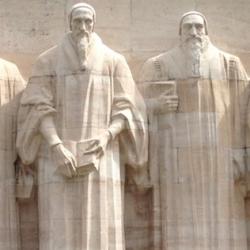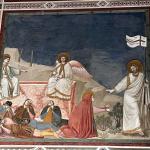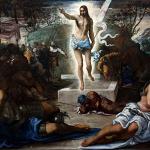Anthony Marx’s Faith in Nation tells the story of the “exclusionary” basis for modern nationalism. Nations were unified not by inclusive policies but by exclusions within and without. Behind these exclusions were the religious divisions of the Reformation, which posed a challenge to rulers.
In England and France, “one alternative path to secular cohesion was to attempt to diminish religious conflict with moderation and relative tolerance. Elizabeth I and Charles II of England, and even more so Henri IV of France, stand out for their attempts to pursue this noble path, though even they were constantly on the defensive against religious purists. Their own lapses into sectarianism or the later reversals of enacted civility should not diminish our acknowledging the impressive efforts at coexistence in a period of general intolerance. And that such relative toleration was even attempted and then reversed reinforces the uncertainty and choice as to such policy.”
Not everyone followed this path, however. Others attempted to “channel divisive religious zeal into national unity or more distinctly binding cleavages” by “harnessing that divisiveness.” They operated on the assumption that “religious factional coherence” might be turned to their advantage: “the passion unleashed by doctrinal conflict was precisely the sort of strong identity that states sought to bolster for their own ends. There was a possibility of huge proportions hiding there, for instance as embraced by France’s Catholic nobles and then Catherine de’ Medici after her own earlier pragmatism had failed to bring unity or peace.”
Even violent conflict might be bent toward purposes of state: “Their choice of using and channeling intolerance to bolster secular loyalties not only reflected elites’ own sectarianism but was made all the more attractive by the powerful and binding popular salience generated by violent conflict. Volatility and bloodshed cohered loyalties that monarchs and others sought to direct toward their own interests and support. Religious division thus made impossible inclusive unity, but at the same time it provided a powerful alternative of building selective nationalism. Exclusion was most effectively directed against internal heretics, all the more binding than antagonism against international enemies, which sometimes coincided with internal antagonisms but also shifted with the diplomacy of foreign alliances”(27-8).














